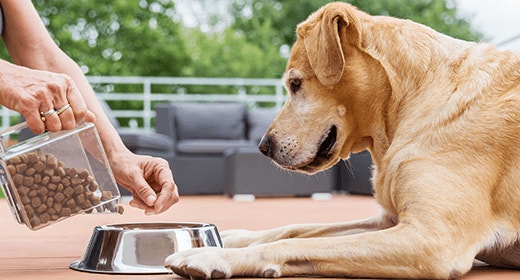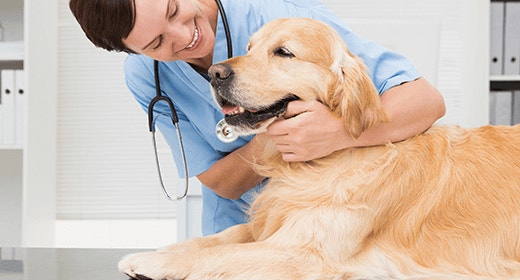

A product code is a series of numbers and letters printed on the outer package of each product that a manufacturer produces to provide information about when the product was made.
As part of the product code, products manufactured by The IAMS™ Company include a 'Best Used By' date, or the date at which the product is no longer considered fresh and should no longer be sold. This date is expressed in “ddmmyy” and “ddmmmyy” formats (line 1 below).
The second line represents company internal information for use in traceability and inventory control (line 2).
Depending upon the production line, pouch products might have code date information in a single or double line.
By recognizing and understanding these codes, customers can make sure they are receiving a fresh product.
Shelf life is the duration, measured in months, during which a product that is stored properly maintains its freshness. This means that if a product has a 16-month shelf life, it is fresh for up to 16 months from the date of manufacture.
The shelf life for our dry dog and cat foods is 16 months. All canned and pouch formulas have a shelf life of 24 months. Biscuits have a 12-month shelf life, and sauce formulas have a 16-month shelf life.
Unopened dry products are best stored off of the floor in a cool, dry place. Open bags of food should be stored in a clean, dry container with a tight seal. Dry products also might be frozen without loss of nutrients.
Opened wet products are best kept refrigerated in tightly sealed containers for no more than three days after the can has been opened. Wet products should not be frozen in unopened cans or pouches. However, wet foods can be frozen if removed from the container, packed in freezer containers and frozen immediately.


Ethoxyquin is a synthetic antioxidant (artificially manufactured from other elements) that is approved for different uses.
Ethoxyquin is approved and regulated by the Food and Drug Administration (FDA) and the Association of American Feed Control Officials (AAFCO) for use as a preservative in animal feeds.
Dog-food manufacturers have been using ethoxyquin to prevent rancidity and to maintain the nutritional quality of their products for more than 35 years.
Ethoxyquin remains stable at the high temperatures required to process dog foods during extrusion. It is important in protecting fats and oils from degrading, losing available calories, and becoming rancid.
Despite the fact that all studies conducted to date prove that ethoxyquin is safe for use in all animal foods when used at approved levels, rumors continue to circulate to the contrary.
Individuals who seek to discredit the use of ethoxyquin will often cite certain studies that showed toxic effects in animals fed ethoxyquin. What these individuals fail to point out is that the animals in these studies were given excessive amounts of ethoxyquin—20 to more than 50 times the maximum limit—before negative effects were exhibited.